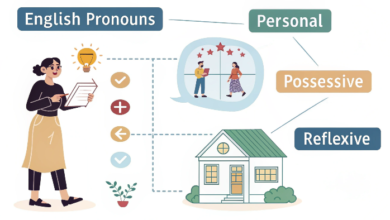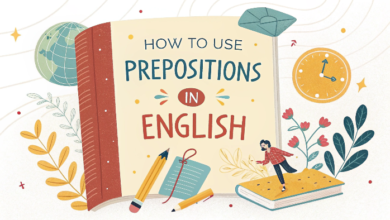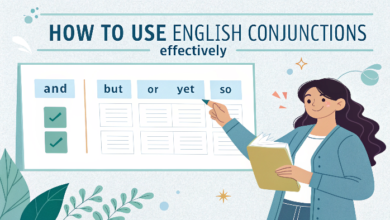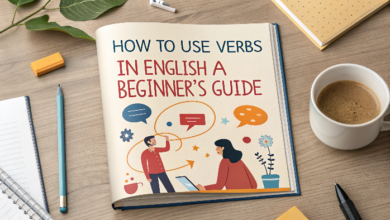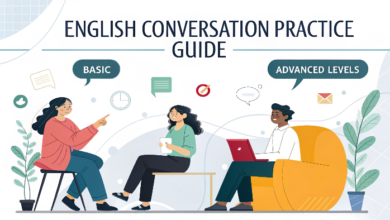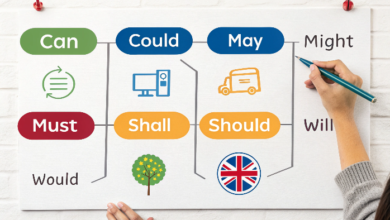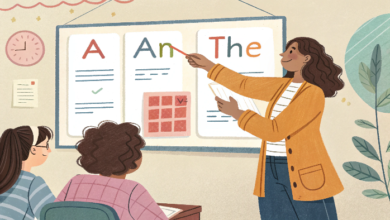Using Conditional Verbs in English: A Complete Guide
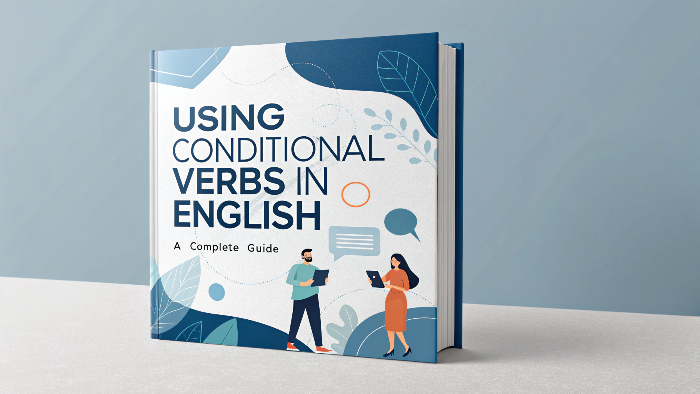
Using the Second Conditional
The second conditional is used for unreal or hypothetical situations that could happen but are unlikely or imagined.
If I were you, I would take that job.
If he had more time, he would help you with your project.
Note: With the verb to be, we often use were for all subjects in the second conditional, even for I or he.
Using the Third Conditional
The third conditional talks about situations that did not happen in the past and their hypothetical results.
If I had known about the party, I would have gone.
If they had called me, I would have helped them.
The third conditional is all about past regrets and missed chances.
Using Conditional Verbs in English: A Complete Guide
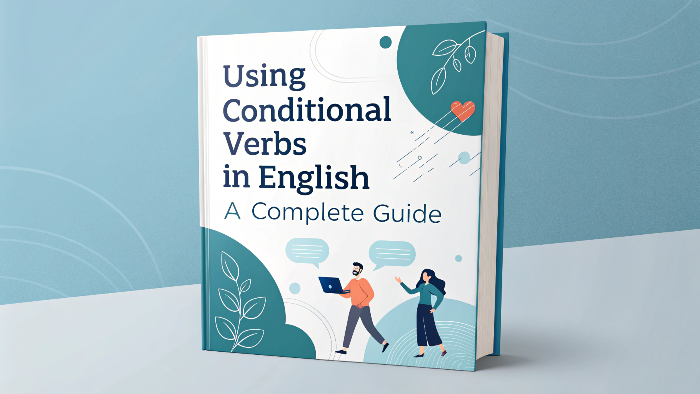
Common Mistakes with Conditional Verbs
Mixing verb tenses: Make sure to use the correct tense for each part of the sentence. For example, in the first conditional, it’s important to use the present simple in the if clause and will in the main clause.
Using “was” instead of “were” in the second conditional: The verb to be should be used as were for all subjects in hypothetical situations. For example, If I were a bird, I would fly (not If I was).
Exercises to Practice Conditional Verbs
Exercise 1: Fill in the blanks with the correct conditional form.
If it ______ (rain) tomorrow, we will stay home.
If I ______ (be) a millionaire, I would buy a house in Paris.
If they ______ (study) harder, they would have passed the test.
If she ______ (work) late, she will miss the bus.
If I ______ (have) enough time, I would travel to Japan.
Exercise 2: Identify the type of conditional in the sentence.
If I had known about the meeting, I would have attended.
If you heat ice, it melts.
If I were you, I would take that offer.
If we leave now, we will arrive on time.
Answers to Exercises
Exercise 1:
rains (first conditional)
were (second conditional)
had studied (third conditional)
works (first conditional)
had (second conditional)
Exercise 2:
Third Conditional
Zero Conditional
Second Conditional
First Conditional
Conclusion
Using conditional verbs correctly is crucial for expressing different types of situations in English, from real possibilities to hypothetical scenarios. By understanding and practicing the four types of conditionals — zero, first, second, and third — you’ll be able to express your thoughts more clearly and accurately.
Start using conditional sentences in your everyday conversations and writing, and with time, you’ll master them! Keep practicing and pay attention to the structure, and soon you’ll feel more comfortable using conditional verbs naturally.
See also:
Easy Grammar Quiz: Test Your English Skills
Boost your vocabulary skills with challenging quizzes

